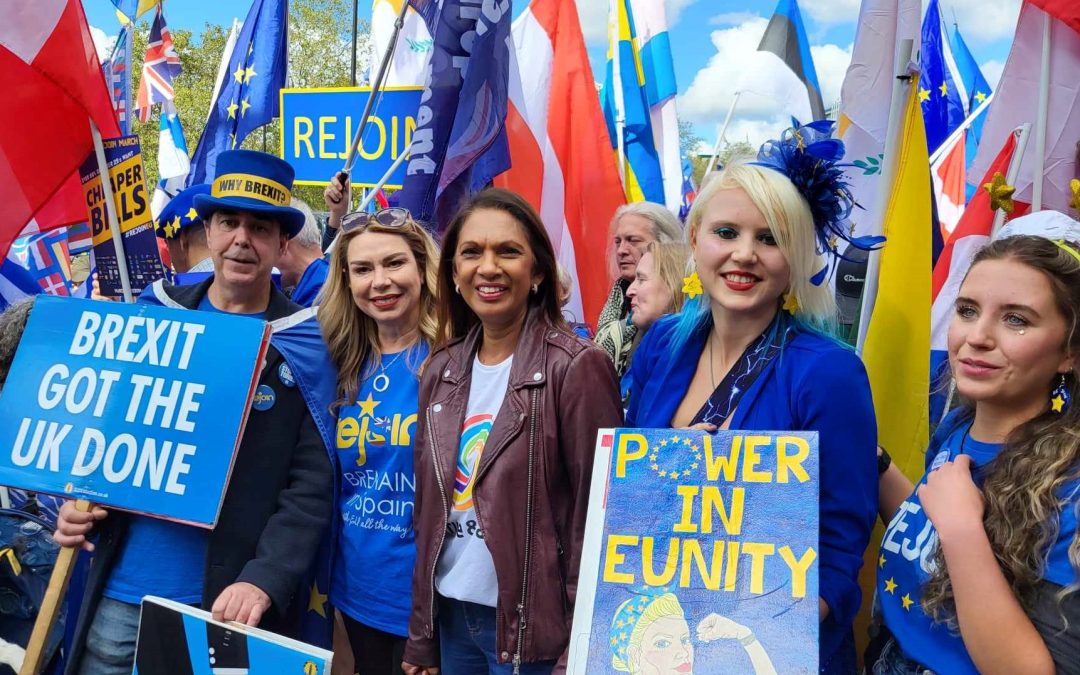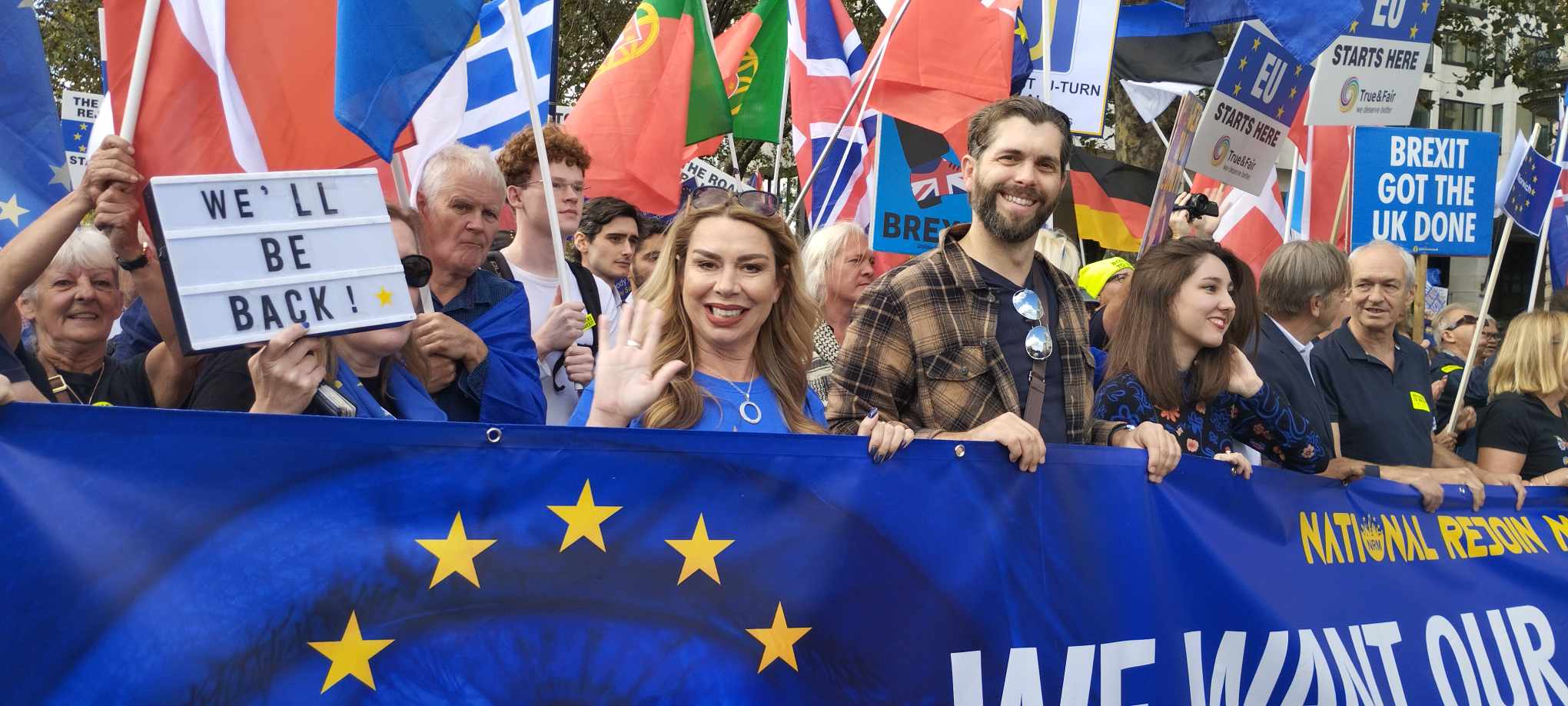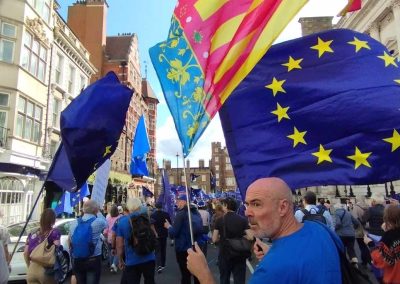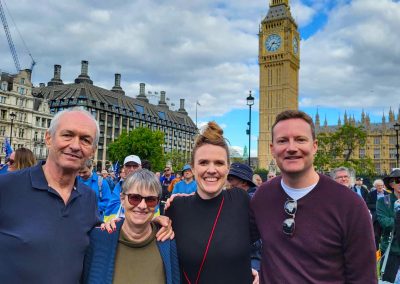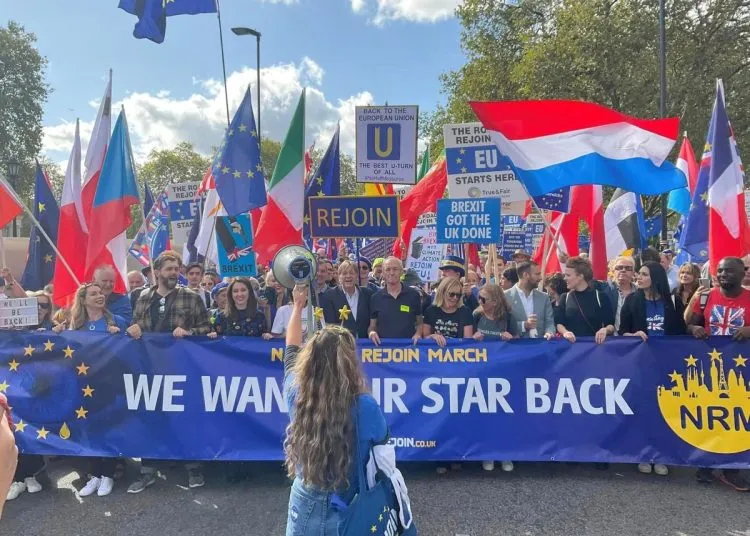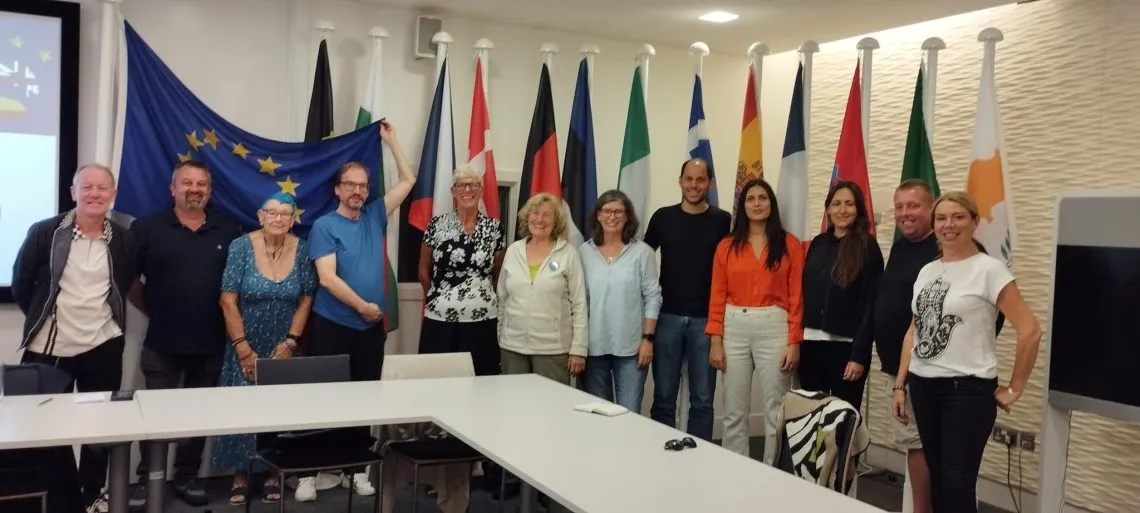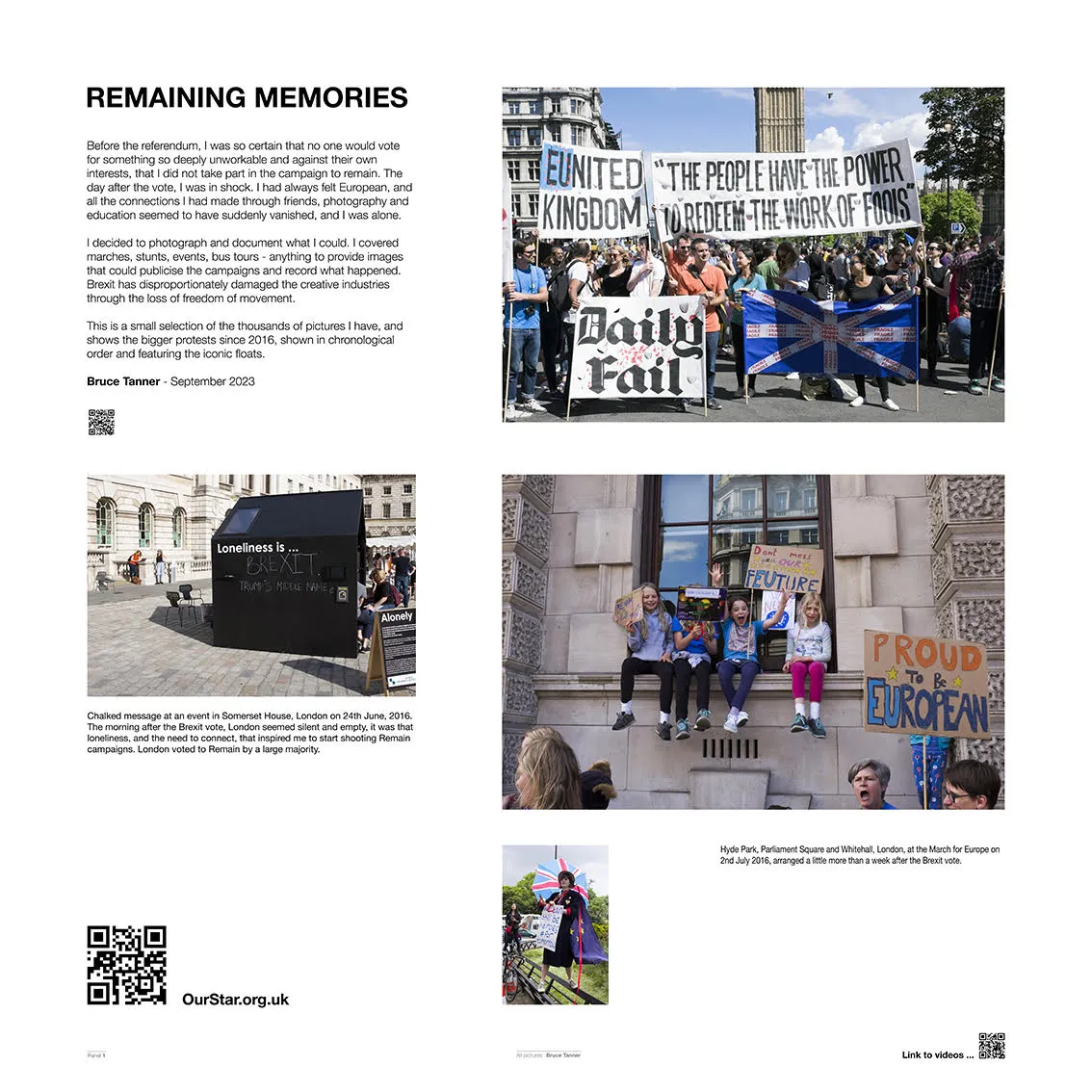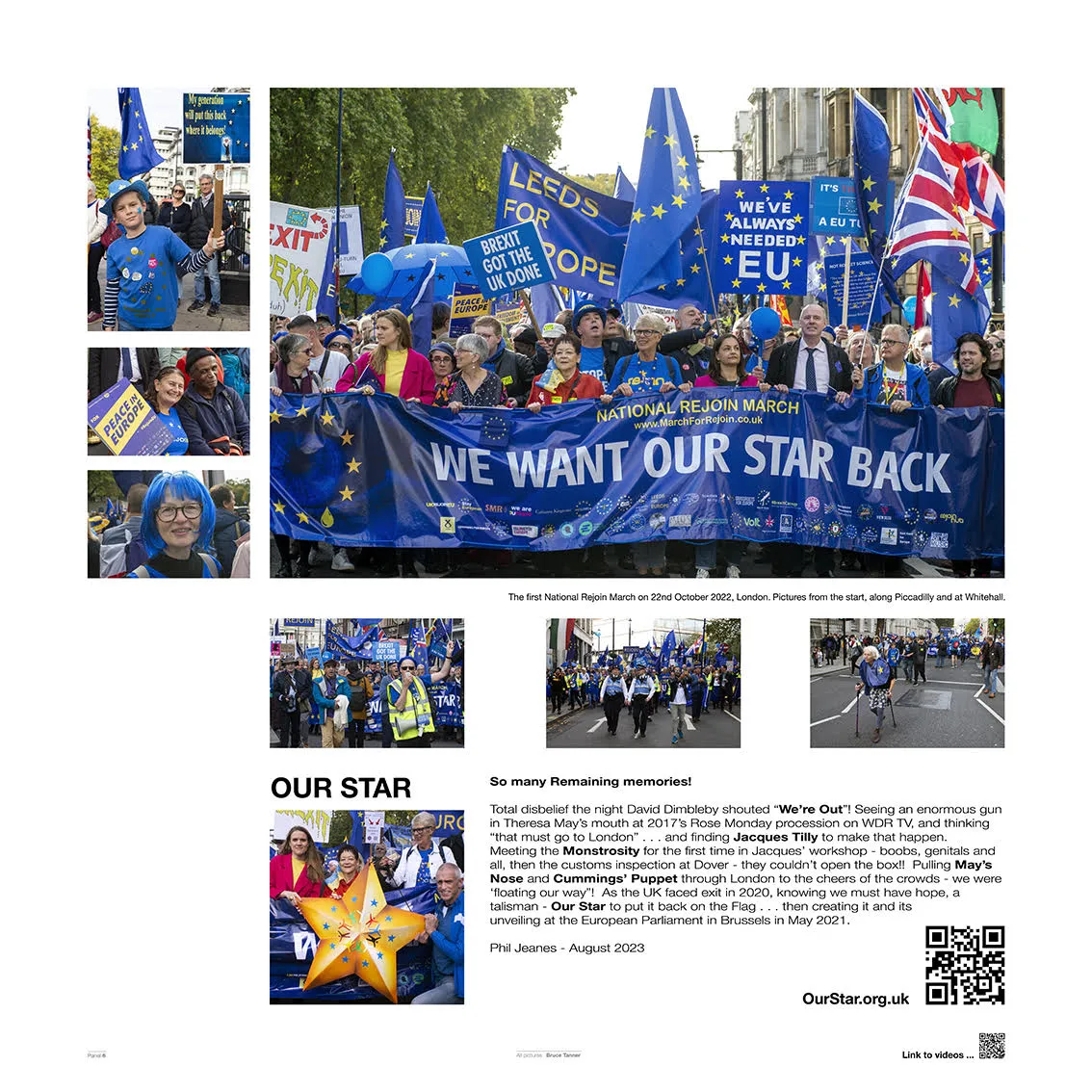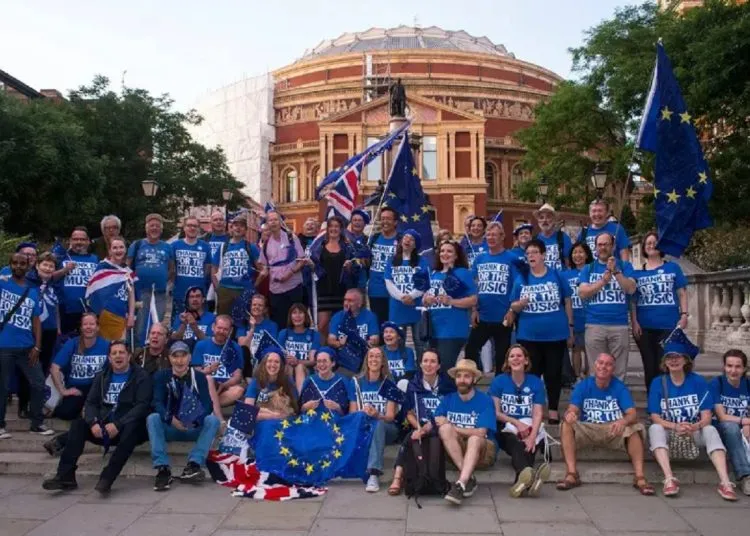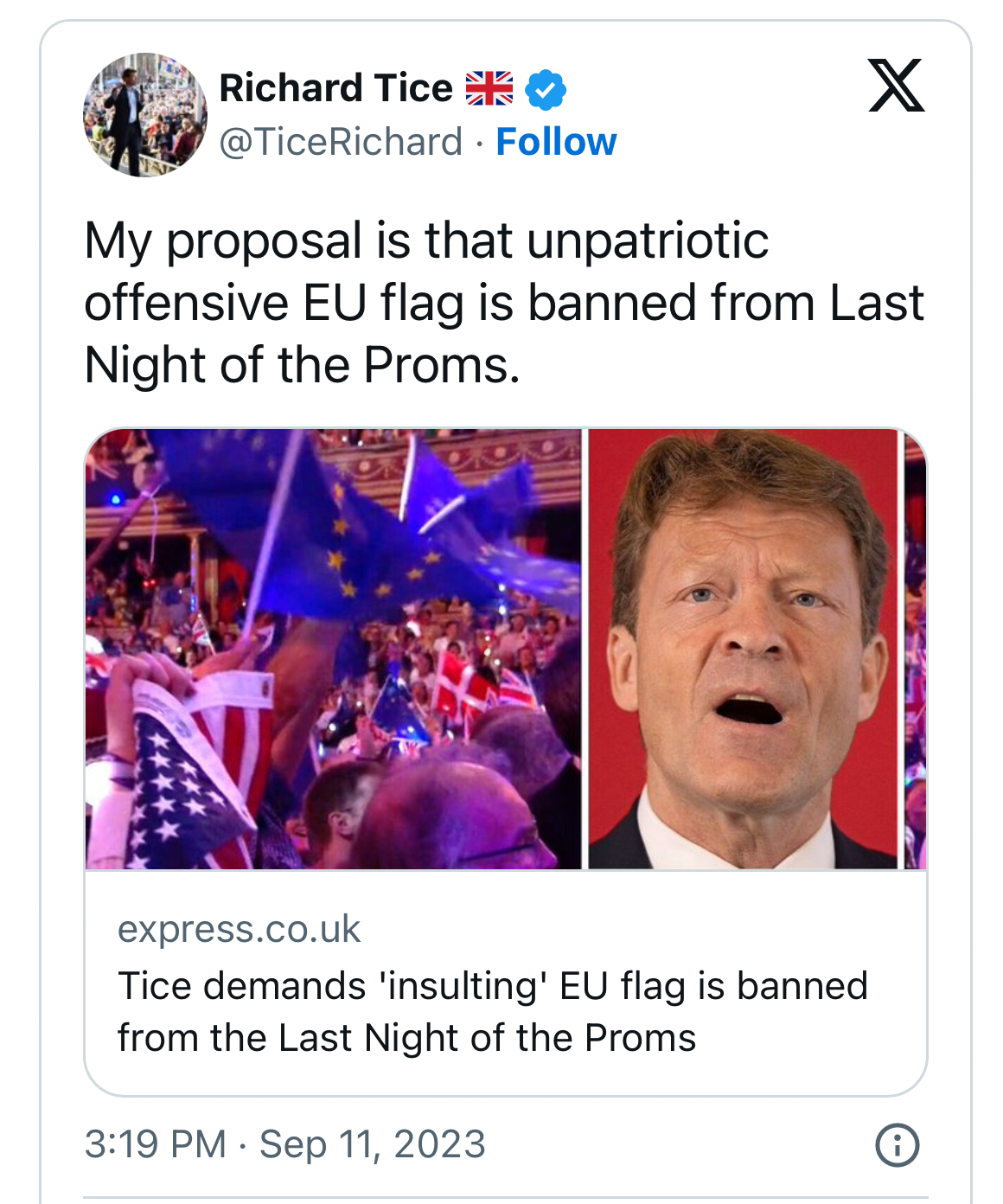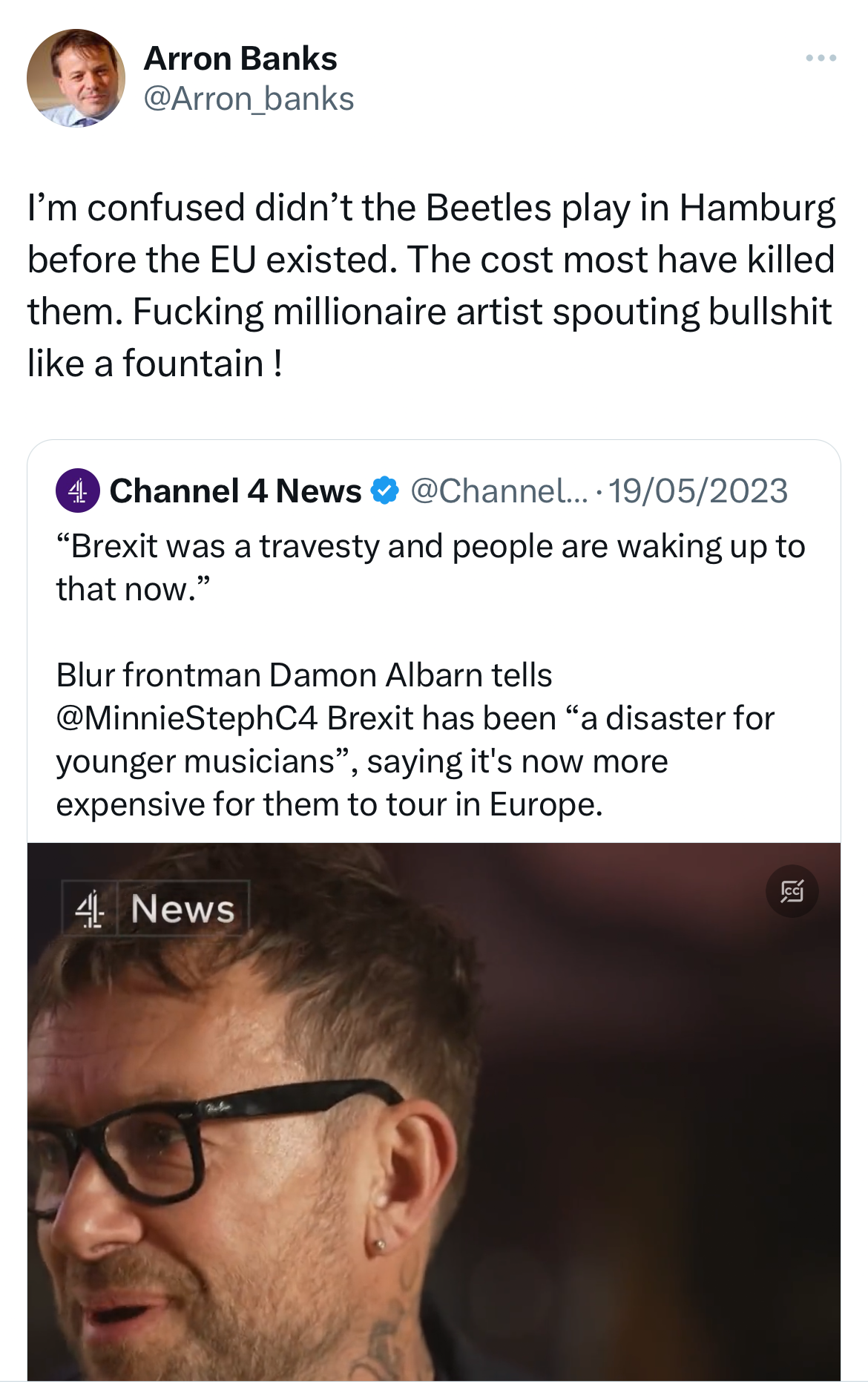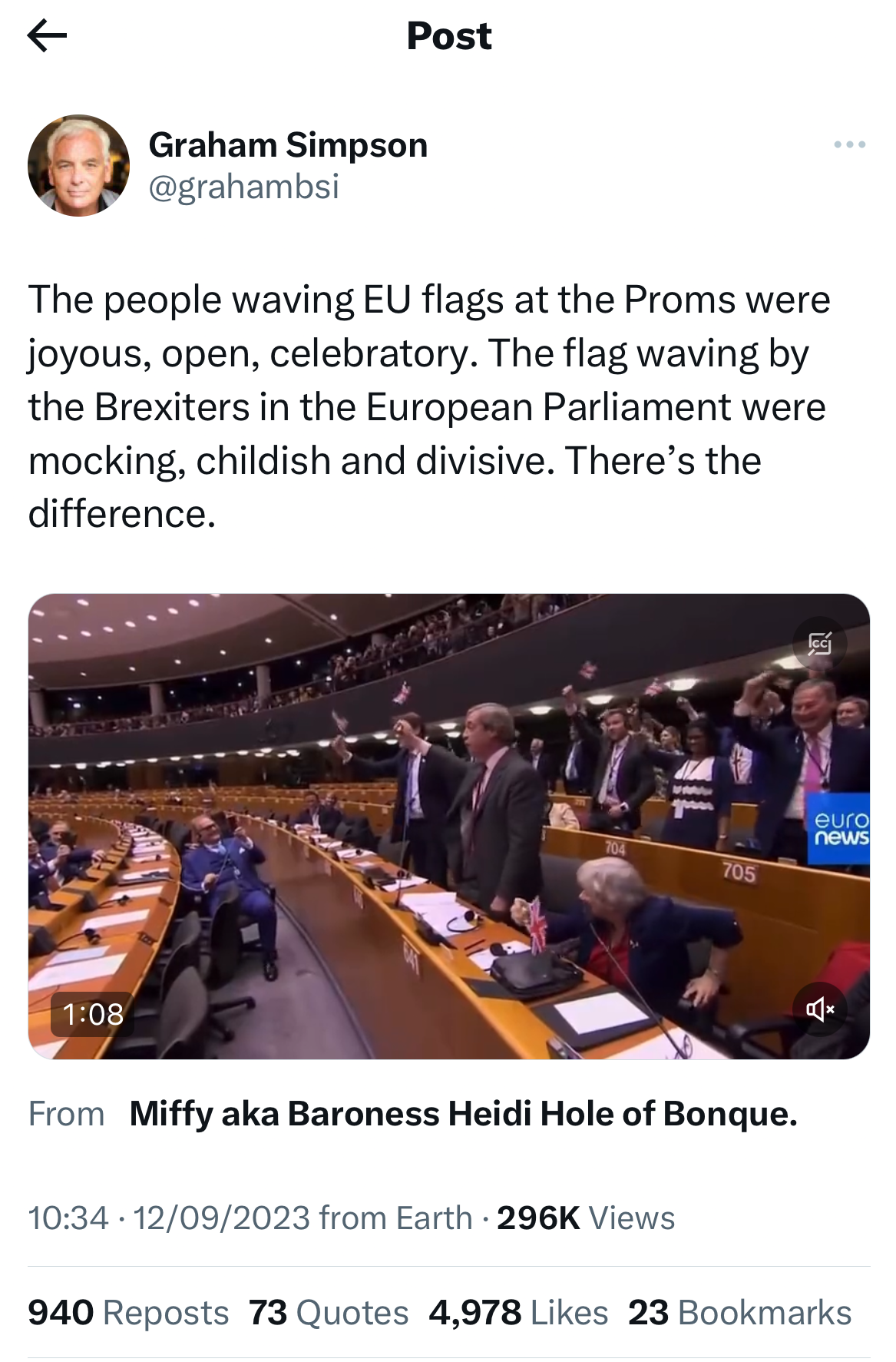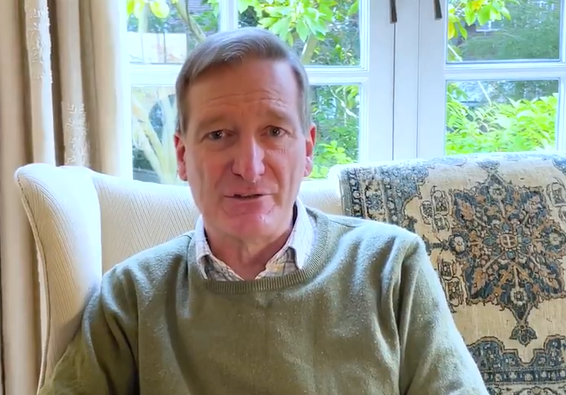
Bremainers Ask ……… Dominic Grieve KC
Dominic Grieve was Attorney General (2010-2014), served as Shadow Home Secretary and was MP for Beaconsfield (1997-2019), as well as chairing Parliament’s Intelligence and Security Committee.
He is also president of the Franco-British Society, holder of the Legion of Honour award and a visiting professor in Law, Politics and Human Rights at Goldsmiths University London. He was a prominent Remainer, proposed many Brexit amendments and called for a second referendum.
For his work on civil liberties and the rule of law, Grieve was recognised with two awards: Parliamentarian of the Year in 2005 and in 2014 he received a Lifetime Achievement award from Liberty. He now serves as Vice President of European Movement UK.
Ruth Woodhouse : How can a cross-party approach to rebuilding ties with the EU be achieved when there is such extreme polarisation within politics today?
There is no doubt that the process by which we joined the EEC in the 1970s was enabled by the development of a significant cross-party consensus that it was in our national interest to do so. But such a consensus can emerge again driven by the realities of our geo-political position in Europe. As the heat generated by Brexit cools, there are already signs of greater realism in the two main parties on this issue. This emphasises for me that rebuilding ties with the EU can be done a stage at a time.
Michael Soffe : As an ex-Attorney general – do you believe that we will ever see a legal process that will end in some “Leave” MPs being found guilty of criminal charges in some way?
No, there will be no such criminal process and nor is one desirable. Self-deception and misleading others as a consequence is not a crime, even if it is an undesirable aspect of democratic politics and history will judge some politicians very harshly over their behaviour. But to progress we cannot spend our time seeking some form of retribution on those who have landed us in this mess. We need to persuade them to our way of thinking.
Steven Wilson : Looking back on the earlier parliamentary battles over Brexit, is there anything you wish you, or others, had done differently?
I think I can really only speak for myself on the matter. The principal criticism directed at me and others in the Conservative Party who argued for a second referendum is that it contributed to making Theresa May’s “soft Brexit” impossible and the same criticism is also made with more force against Labour. But Labour were never going to take responsibility in Opposition for helping carry out Brexit in any form and I took the view that the Brexit Theresa May wanted was both a poor outcome in itself, but also wholly unachievable in view of the attitude of the “Hard Brexiters” in the Conservative Party. So I don’t think my approach made any difference although I did worry about it at the time. If Labour had swung behind a second referendum, then it was possible we could have had one. But it will always be unclear if the result would have reversed that of the first.
Anon :Can the Conservative Party ever be rescued from the far-right extremists, and if so, how, and by whom?
It can be rescued and will doubtless be at some point in the future when the right wing that has high-jacked it is wholly discredited. But this will not necessarily follow defeat at the next election, as history shows that parties fail initially to learn lessons from defeats and often become more illogical and extreme in the short term, helped by the fact that any new leader (and Sunak will not survive defeat) will be picked ultimately by the members who are no longer representative of Conservative voters at all.
Valerie Chaplin : Why are our politicians so reluctant to talk about Brexit and rejoining the EU when the public have demonstrably changed their minds?
The public has clearly concluded that Brexit has not worked out as they hoped, but that is a different thing from saying they want to go back in. Returning will not be on the same terms we enjoyed when we left and will be a complex negotiation. This is why politicians avoid the issue. As time passes, however, it will become unavoidable, as it becomes obvious that there is no substitute to our building a much closer relationship with the EU.
Helen Johnston : As a lawyer with a long-standing interest in human rights, how do you feel about recent reports that members of the Government are pushing for the UK to leave the ECHR?
It troubles me very much that our adherence to the ECHR is now in question with members of the Government. The ECHR may not be perfect and its interpretation by the European Court of Human Rights at times not what some would wish. But it is one of the great successes of UK soft power in raising human rights standards in Europe and has been beneficial to us as well. Leaving would mean leaving the Council of Europe, wrecking our Trade and Co-operation Agreement with the EU and having to exit the Horizon programme, because shared adherence to the ECHR underpins data sharing. It is also irreconcilable with the Belfast/Good Friday Agreement that requires us to adhere to it. I also cannot see the slightest advantage to our doing this. It is not going to make it any easier to return illegal migrants, as the main problem is that their countries of origin will often not co-operate to take them back.
Lisa Burton : Do you think we may see a split in the Conservative Party if they lose the next general election?
The Conservative Party may split, but that depends on what happens after the election and who becomes leader. It is unclear how many Conservative MPs will remain and what their views are, and this will be critical to whether or not they can find a common policy approach round which to rally.
David Eldridge : What should Parliament have done differently to achieve the aim of stopping the hard Brexit we ultimately got?
I have in part tried to answer this in question 3 above. I think a hard Brexit was inevitable. Theresa May ruled out the softest of Brexits and Labour then refused to support her less soft version, and she did not have the majority to carry it in the face of ERG Conservative rebels. So, all forms of Brexit were doomed to be unachievable until Johnson won his large majority through Corbyn’s folly at failing to appreciate his own unelectability, helping to deliver the hard Brexit Johnson and his supporters wanted.
Coming next month
We are delighted to announce that Gina Miller has agreed to feature in our Bremainers Ask in October.
Gina is probably best known for taking the government to the Supreme Court for attempting to implement Brexit without parliamentary approval and for successfully challenging the government over the prorogation of parliament in 2019. She has since launched the True and Fair Party and will stand for parliament in the forthcoming election.
If you would like to submit a question for consideration, please email us no later than Sunday 8 October at enquiries@bremaininspain.com



